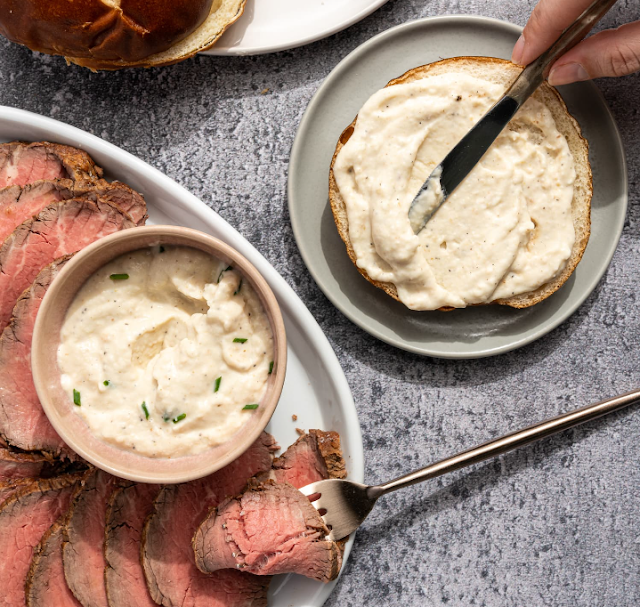You can maintain a clean, healthy mouth by brushing, flossing, and rinsing. However, despite all of your defense strategies, your breath will occasionally become slightly offensive. But do not worry. The foods we eat contain 80% of all the factors that contribute to foul breath. Some people's bad breath may be genetic, but for others, it may be brought on by habits you don't even realize you have, including habitually consuming particular foods that aren't normally associated with bad breath.
Eight meals that may be causing your foul breath are listed below, along with quick solutions you might use if you're away from your toothbrush.
Garlic
Garlic making the list is hardly shocking, but you might be surprised to learn that it can leave its sulfuric mark on more than just your tongue. Because garlic is also absorbed into your bloodstream, a second wave of odor can enter your lungs and then readily exit out your mouth. After being absorbed, garlic causes your pores to release an unpleasant odor. Despite all of this, garlic shouldn't be completely avoided. Just be careful not to overdo it, and thereafter, brush your teeth and floss to remove any remaining garlic from your mouth. Recall to rinse twice everyday as well.
Butter mad from peanuts
Peanut butter is an excellent source of plant protein, but because of its paste-like viscosity, saliva struggles to digest the proteins once they are in your mouth. Additionally, peanut butter can remain in your mouth between brushings for hours due to its stickiness. Bacteria thrive on protein, so the abundance provided by peanut butter makes it a prime cause of bad breath." Keep a travel-size mouth rinse on hand the next time you have a taste for peanut butter; it can assist to remove leftovers, lessen bacteria, and freshen breath all at once.
Dairy
Milk can cause tooth decay even if it may be helpful for the body. The reason for this is that naturally occurring bacteria on your tongue feeds on the amino acids in milk and cheeses, producing an unpleasant stench.
Cheese
The majority of dairy products, including cheese, have amino acids that interact with oral bacteria to create sulfur compounds that can cause bad breath. The excess hydrogen sulfide produced by these bacteria as they feed on the milk solids. As a result? a foul tongue, like rotten eggs.
Mouthwash won't help much in this situation but using fluoridated toothpaste to brush with will assist destroy the bacteria that is creating the odor. Drinking water can help wash away the bacteria and debris that are residing in your mouth if you are unable to brush immediately away. Additionally, keep some thread on hand to rapidly remove any dairy-related debris that may be hidden in the cracks of your teeth because floss is such a convenient hygiene item for travel.
Onions
Onions have a strong smell that stays long after you've finished eating them, much like garlic. They both have sulfuric components, which enter your system and emerge at inconvenient times, thus this is the case. Brushing, flossing, and rinsing will provide you an extra layer of defense.
Cans of tuna
The smell of fish is never going to be mistaken for, say, honeysuckle. However, there's something about canned tuna that elevates the intensity of stench. Seafood oxidizes naturally as it ages, becoming sour-smelling and vile; however, the process is apparently accelerated by storing the item in a dark, metallic can.
Citrus fruit
If you consume a lot of citrus fruits, you're essentially encouraging bad breath to stay, especially if you have acid reflux, which can cause acids to flow back into your throat and produce a foul odor, adds Stanley. Odor-causing bacteria enjoy an acidic environment. In addition to eating less frequently, try popping a sugar-free lollipop after citrus to give your breath some freshness. (Put emphasis on sugar-free, as bacteria adore sugar).





Post a Comment